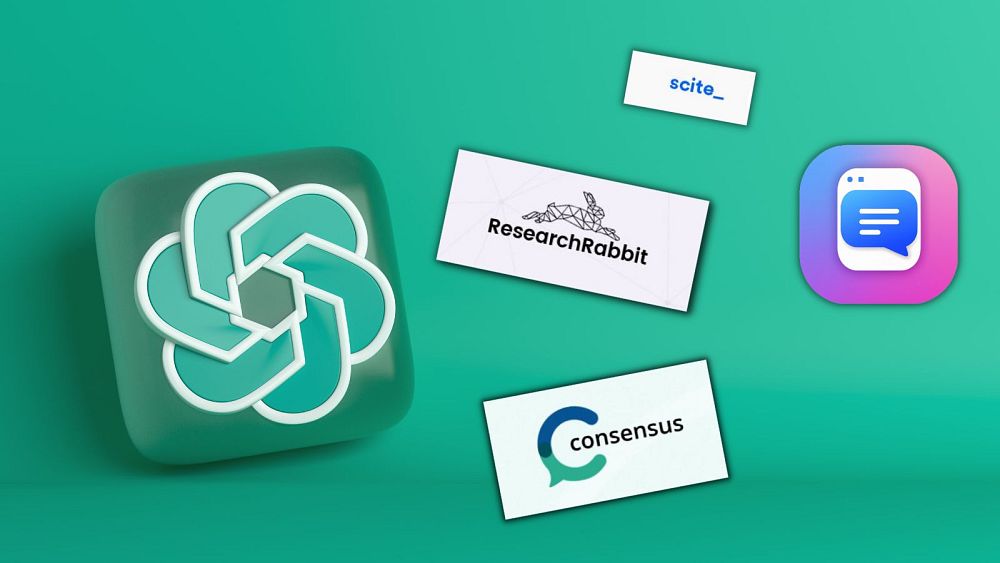AI language models such as ChatGPT are poised to transform the landscape of education. Below are some additional resources that can provide valuable insights:
The field of scientific research is on the brink of a transformation with the advent of “ChatGPT.” Mushtaq Bilal, a postdoctoral researcher at the University of Southern Denmark, recently highlighted that many academics struggle to harness its full potential.
The integration of artificial intelligence (AI) and academia is gaining momentum, with scholars either embracing its possibilities or voicing concerns about its limitations.
Within universities, there are two distinct camps regarding artificial intelligence. The first embraces AI as a groundbreaking tool, while the second, as per Bilal, harbors reservations about its impact on intellectual integrity.
Bilal, a teacher hailing from Pakistan and now based in Denmark, envisions AI language models as a means to democratize education and expand knowledge horizons, provided they are employed judiciously.
Despite reservations from some professionals about the reliability and quality of outputs generated by language models like ChatGPT, Bilal believes that understanding their limitations and employing the right strategies can unlock their potential, especially in academic settings.
Progressive prompting, a technique commonly utilized in psychological therapy and special education, holds the key to structuring academic content effectively, according to Bilal. By breaking down complex tasks into manageable steps and offering cues for successful completion, this method can enhance the coherence of academic work.
Bilal showcased how progressive prompting can guide AI models like ChatGPT to draft outlines for academic articles by imparting cultural context and relevant concepts, potentially saving significant time and effort.
In the realm of education and research, AI models like ChatGPT can play a pivotal role in democratizing knowledge dissemination, enabling individuals to engage in meaningful conversations and advance their research endeavors.
Bilal curated a selection of AI-driven tools to augment educational pursuits, including “Consensus,” an AI-powered search engine that leverages community consensus to address queries on diverse topics.
Another notable tool, “Elicit,” an AI study assistant, harnesses language models to facilitate intelligent discussions and extract crucial information from research papers, ensuring a reliable and informed exchange of ideas.
For fact-checking and verification of research claims, “Scite,” an AI-powered software, provides direct quotes from published papers, enhancing the credibility and accuracy of academic discourse.
“Research Rabbit,” dubbed as the “Spotify of research,” offers a streamlined approach to accessing and organizing academic papers, catering to individual research interests and fostering in-depth exploration of scholarly content.
“ChatPDF,” an AI tool tailored for research documents, simplifies the process of reading and analyzing academic content, akin to ChatGPT but specialized for scholarly materials.
As articulated by Bill Gates in a recent article, the era of AI heralds a paradigm shift in education akin to past technological milestones, signaling a transformative journey towards revolutionizing learning experiences through AI-driven innovations.






